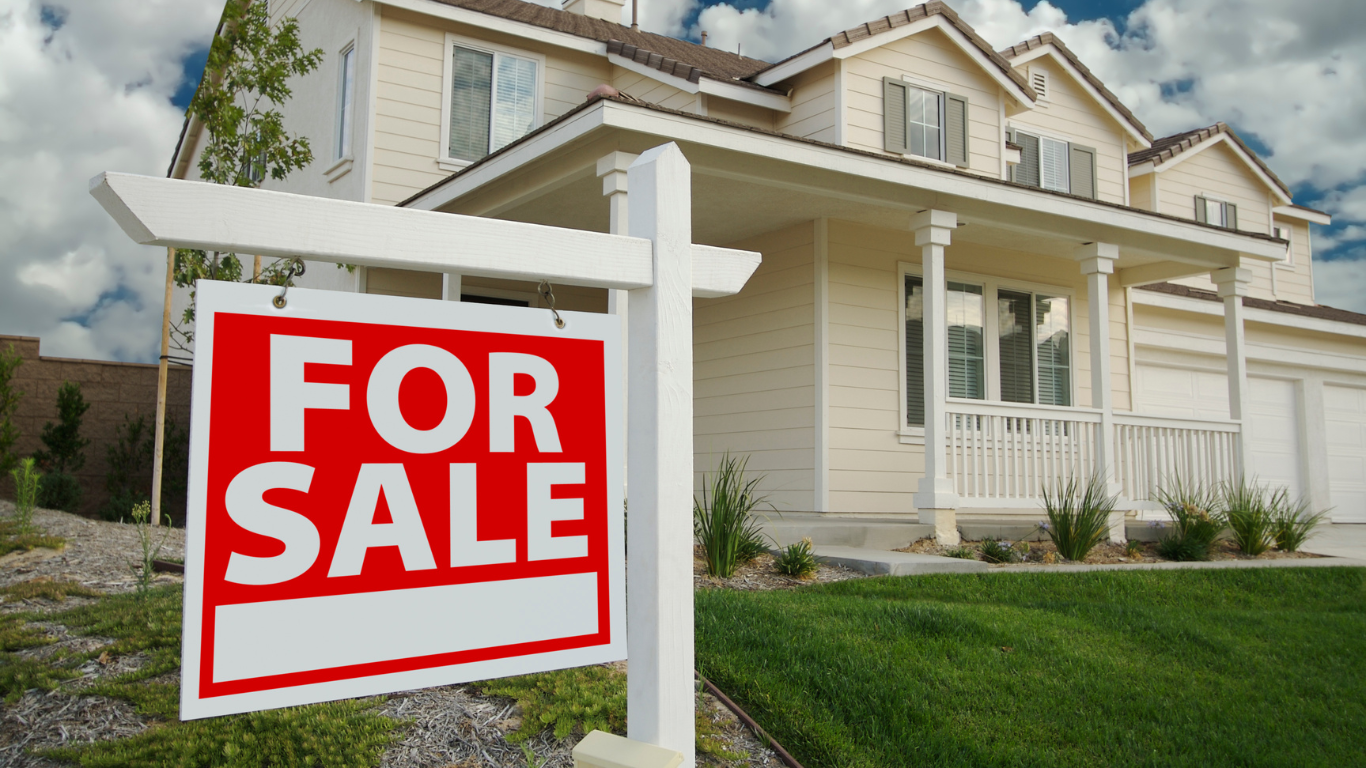October 4, 2024
Buying a home for the first time is an exciting milestone, and doing so in the beautiful Poconos region can make the experience even more special. With its stunning landscapes, charming communities, and abundant recreational opportunities , the Poconos is an attractive destination for many first-time homebuyers. The region offers a unique blend of tranquility and adventure, making it an ideal place for those looking to escape the hustle and bustle of city life. However, navigating the real estate market here can be challenging if you're not prepared. In this guide, we'll offer top tips to help you successfully purchase your first home in the Poconos. Understanding the Poconos Real Estate Market The Poconos region encompasses a variety of towns, each with its own unique appeal. Whether you're drawn to the bustling town of Stroudsburg or the serene areas near Lake Wallenpaupack , understanding the local real estate market is crucial. The region's diverse housing options range from cozy cabins to modern estates, catering to different tastes and budgets. As you explore the market, you'll find that each town and community offers its own set of amenities, lifestyle options, and investment potentials. Research the Area Before diving into the home-buying process , spend some time getting to know the different areas within the Poconos. Consider factors such as proximity to work, schools, and amenities, as well as the overall vibe of the community. Each area has its own distinct character, from the family-friendly neighborhoods near schools to the more secluded areas perfect for retirees or those seeking privacy. Visiting different neighborhoods and talking to residents can provide invaluable insights. Attending local events or community gatherings can also offer a glimpse into the community spirit and what life might be like after you move in. Analyze Market Trends Keep an eye on current real estate trends in the Poconos. Are home prices rising or falling? What is the average time a house stays on the market? Understanding these trends can help you make informed decisions and potentially save money in the long run. Analyzing market trends can also give you an idea of the demand for specific types of properties, which can influence your negotiation strategies. Additionally, staying informed about economic factors, such as interest rates and employment opportunities in the area, can provide a broader context for your purchase. Financial Preparation Being financially prepared is a key step in the home-buying process. Here are some financial considerations to keep in mind. Financial readiness not only involves assessing your current financial situation but also planning for the future. By understanding the costs involved and having a clear financial strategy, you can approach the home-buying process with confidence and peace of mind. Assess Your Budget Determine how much you can afford to spend on a home. This includes not only the purchase price but also ongoing costs like property taxes, insurance, and maintenance. It's important to account for fluctuations in these costs over time, such as potential increases in property taxes or insurance premiums. Use online calculators to get a rough estimate, and remember to leave room in your budget for unexpected expenses. Creating a comprehensive budget will help prevent financial stress and ensure that your new home remains a source of joy and stability. Get Pre-Approved for a Mortgage A mortgage pre-approval gives you a clear idea of how much a lender is willing to loan you. It also shows sellers that you're a serious buyer, which can be an advantage in a competitive market. This step can also help you identify any potential issues with your credit or financial situation that you may need to address before proceeding. Shop around for the best rates and terms before settling on a lender. Comparing different mortgage products can lead to significant savings over the life of the loan. Save for a Down Payment Most lenders require a down payment , which can range from 3% to 20% of the home's purchase price. The more you can put down, the better your mortgage terms are likely to be. A larger down payment can reduce your monthly payments and potentially eliminate the need for private mortgage insurance (PMI). Start saving early to ensure you have enough when it's time to make an offer. Consider setting up a dedicated savings account or exploring programs designed to assist first-time homebuyers with down payments. Finding the Right Property






